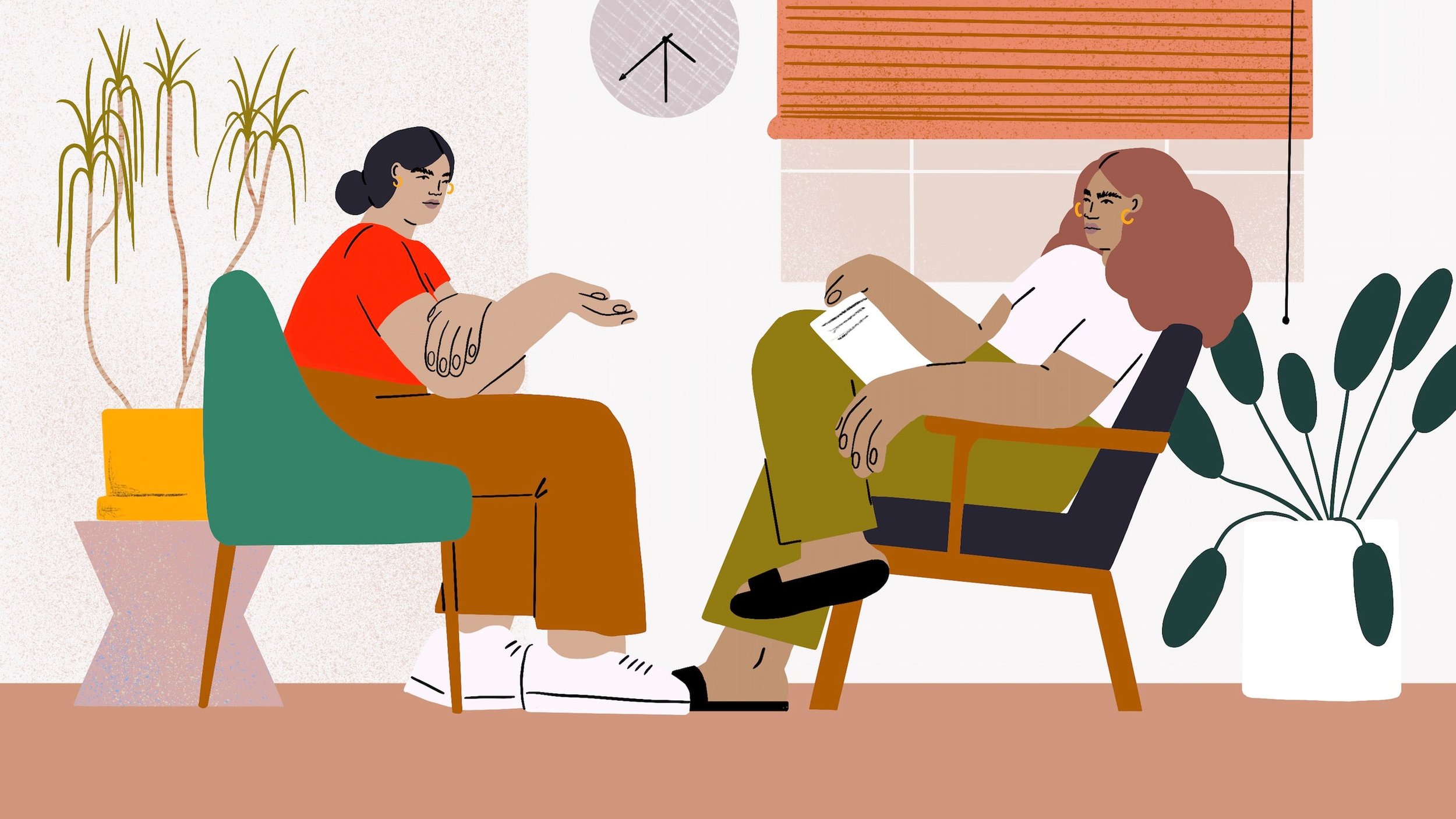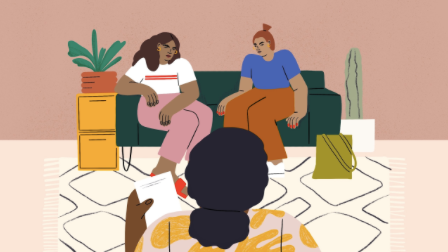The Importance of Disclosure: Speaking to a Sex Therapist
While we are heading toward a ‘sex positive’ society with decreasing perceptions of sex as ‘taboo’, there still remains a disconnect amongst some medical professionals between sexuality and sexual wellbeing as an important part of healthy human functioning. In order for us to reach a point where we see sexual pleasure as a hobby like bike-riding or Sudoku, we need to forget about the disease focused, abstinence-based ‘If you have sex you will get an STI’ sex education that most of us were exposed to. I know it’s hard, but without this open honesty and ability to communicate effectively about sex, many people are going about their lives with no idea of the emotional and physical satisfaction that comes with a healthy sex life (and by this there are no rules so I mean solo sex, partnered sex, group sex etc.).
Would you feel comfortable going to your GP if you had never experienced an orgasm? Or a couple who were constantly arguing about too much/ not enough sex in the relationship?
What about a someone experiencing some trouble in getting and maintaining an erection?
Let’s look at some facts on this final scenario; the 2005 Men in Australia Telephone Survey (MATeS) found that although 21% of penis owners aged over 40 reported significant erectile problems, only about a third of those 21% had ever consulted a GP or other health professional about these concerns. This means 15% of people over 40 have erection problems causing them distress that they are too embarrassed to discuss with their family doctor. This same survey found that of those who did discuss sexual difficulties with their GP, only half of them received subsequent referral and treatment. This is believed to be due to lack of understanding from the GP on the importance of the concern, as well as embarrassment from the GP to discuss issues of a sexual nature. The figures in 2017 are much the same, with many people (and their partners) suffering in silence due to something that can quite possibly be reduced in a number of sessions with a trained Sex Therapist.
Situations such as this impact more than just the sex life of the person (or people) affected. erection and ejaculation problems are a major cause of stress, anxiety and depression amongst many people, and go untreated for months, if not years. The impact of poor mental health due to these concerns extends beyond the bedroom and into all areas of life including friendships, finances (trying latest and greatest online 'miracle cures'), and even work. Further, it impacts more than just the individual, but their partner/s too!
Illustration credit: Stephanie DeAngelis
Individually
On an individual level, people are suffering in silence, sometimes for many years, over something that could be treated in a matter of weeks or months. This suffering is more than just physical, and often results in emotional problems including loss of overall confidence, anxiety, depression, a well as a major cause of relationship breakdown.
Illustration credit: Stephanie DeAngelis
Partner/ Relationship
Within relationships, partners are also affected as they watch someone they love suffering both physically and emotionally but feel powerless to change the situation. Further, the partner’s emotional, sexual and relational needs are often not met because of fear and anger relating to the concern. Partners often blame themselves, thinking they aren’t attractive enough, or consider that there may be infidelity. This in turn causes even further stress on the relationship and the individual with the physiological symptom, a vicious cycle that results in added pressure to perform.
Discussing the concern
The healthcare system in Australia and through much of the world relies on specialists in all areas to treat any concerns you have, be it your body, mind or emotions. Sex and Relationship Therapists are one of these many specialists available to guide and treat you through periods of your life when you are in distress over your sexuality, sexual functioning or relationships. Sexual and relationship concerns can have a variety of causes and subsequent treatment options, and therefore your GP will likely not have the level of knowledge in sexuality and relationship therapy to treat the root cause.
People who discuss their concerns with a GP are not always treated due to a lack of knowledge, cultural differences and/ or embarrassment around discussing sexual functioning and treatment options. While it is likely that you see your sexual functioning and satisfaction as part of your self-identity and overall wellbeing, GPs don’t always consider sexual functioning as a vital part of overall health and are more focused on life-threatening illnesses such as cardiovascular disease and cancer. In these instances, if you do not have that relationship with your GP, request an appointment below to obtain judgement free and solutions focused psychotherapy and advice.


